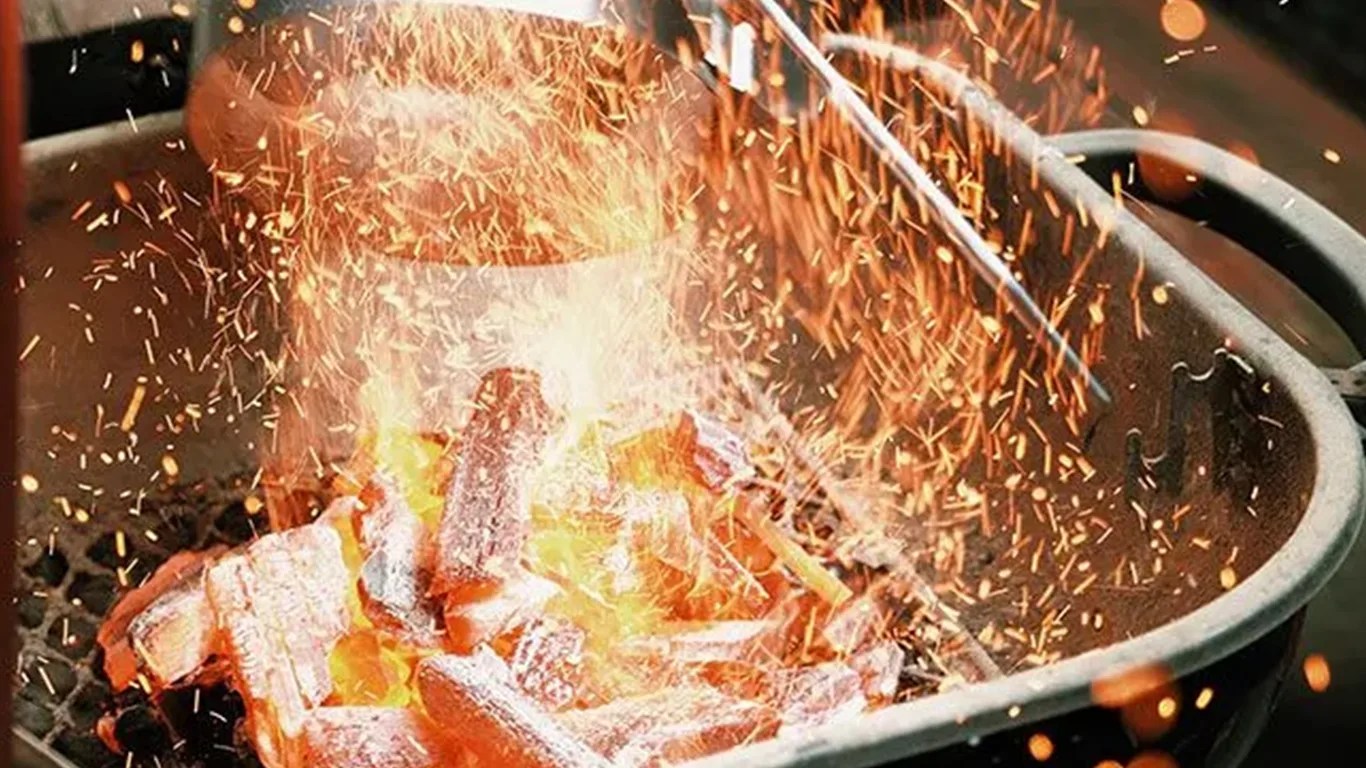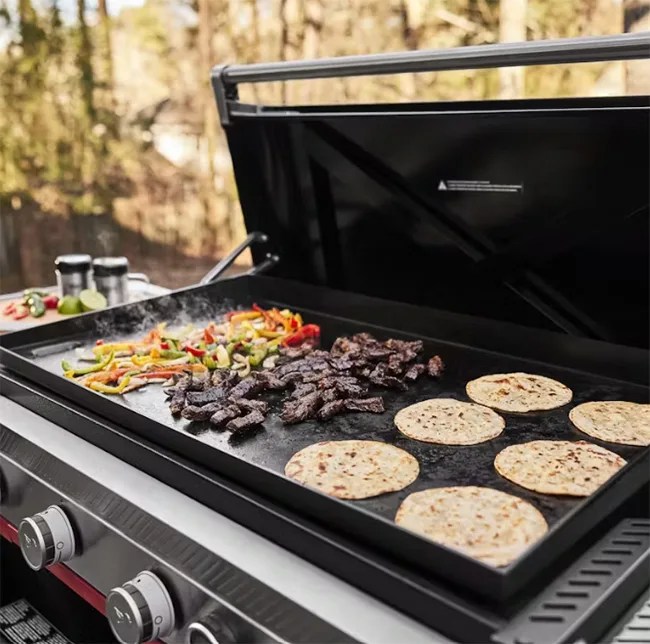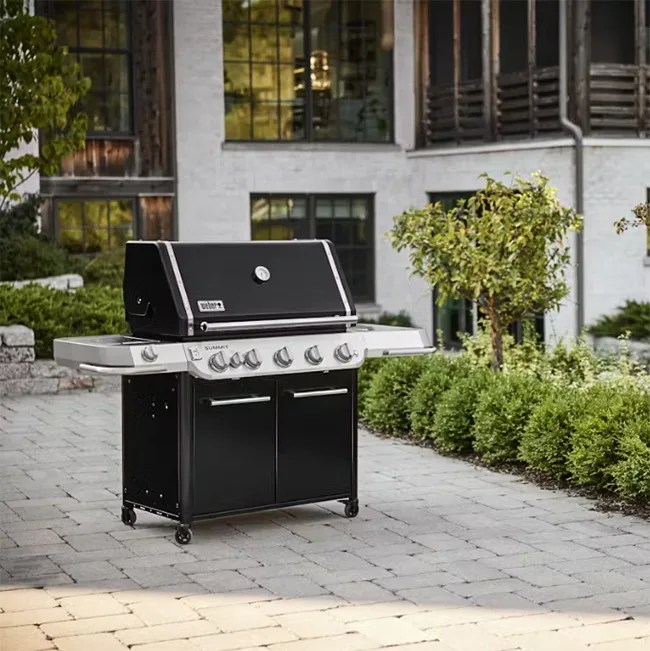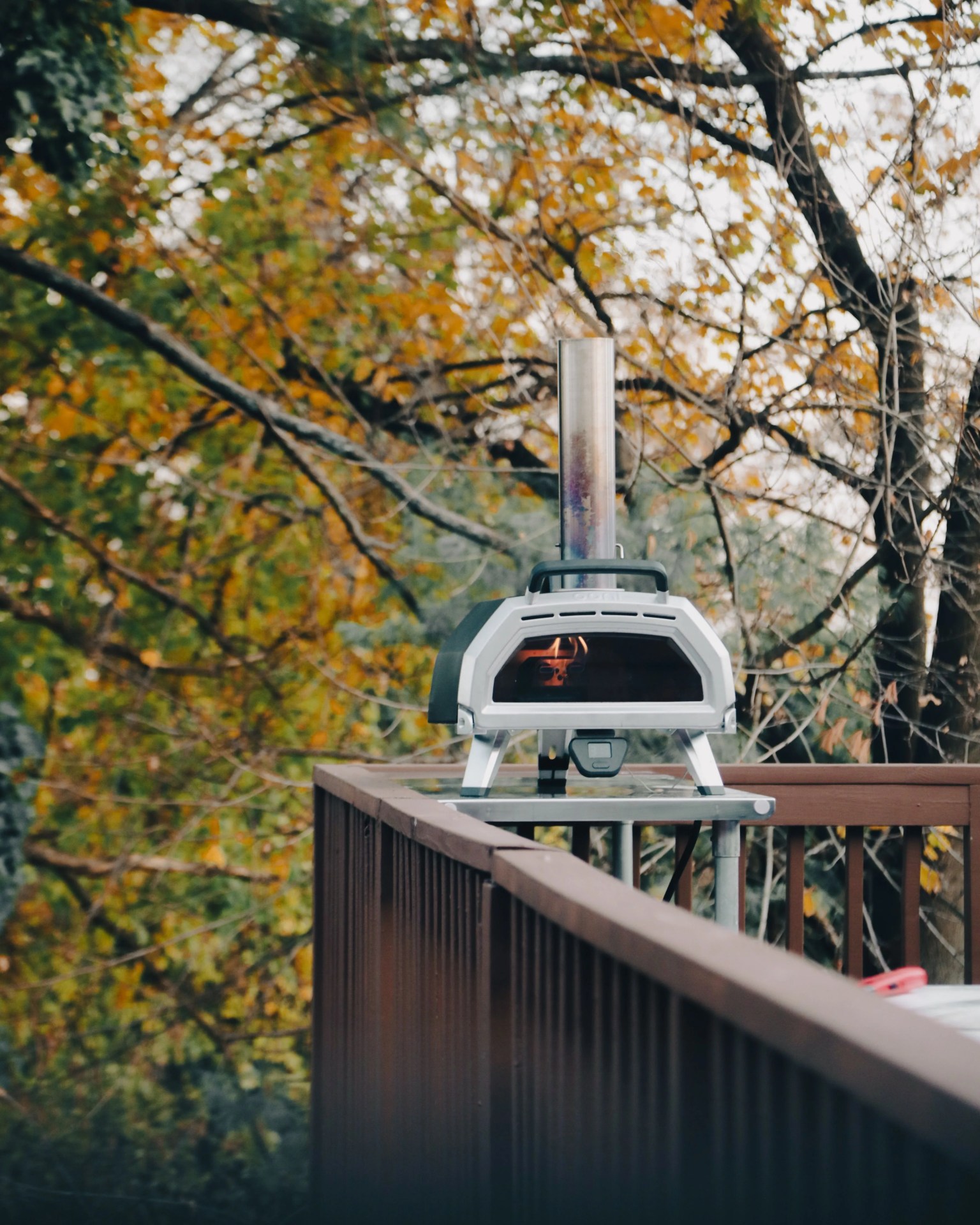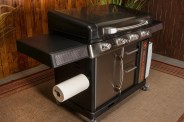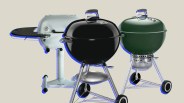Earlier this month, Weber and Blackstone announced they had entered into an agreement to combine their businesses. The transaction should finalize in early 2025, depending on regulatory clearance.
Blackstone’s founder and current CEO, Roger Dahle, will take the helm as the leader of the new outdoor cooking entity. Weber’s current CEO, Alan Matula, who assumed the role in 2022 to guide the company during a period of turmoil, is slated to retire after the merger concludes.
According to the press release, each company will continue to operate in its respective home bases of Palatine, Illinois (Weber) and Logan, Utah (Blackstone).
Here’s some context on why the deal makes sense, as well as some speculation on what outdoor cooking fans should expect to come from it.
The Two Companies Hold Unique Market Positions
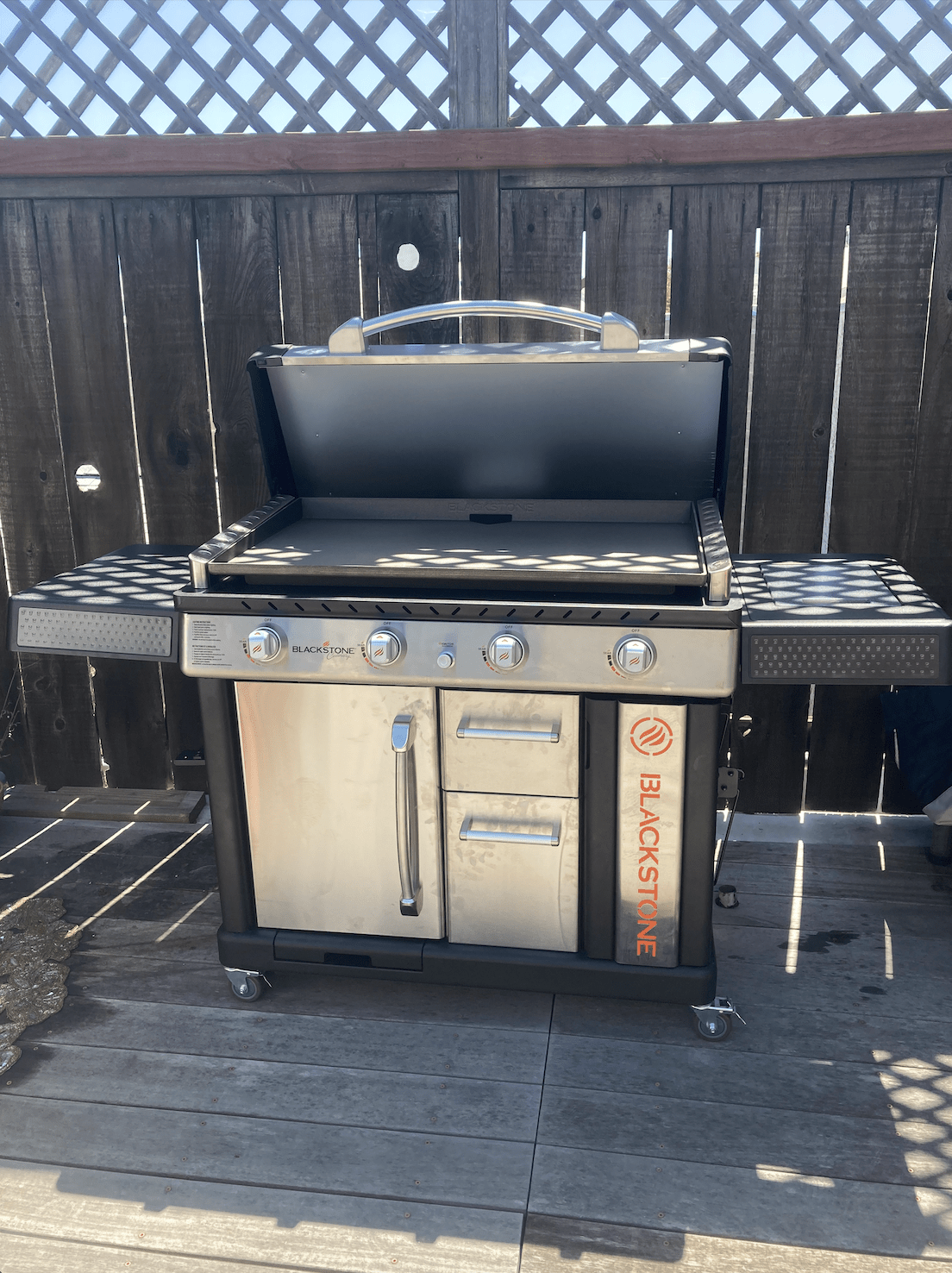
Anyone with even a rough awareness of grilling is likely familiar with Weber. The company launched its first round charcoal kettle grill in 1951, and over the last 70 years, it has become synonymous with outdoor cooking for many around the globe, especially Americans. Today, the brand is widely regarded as making class-leading gas and charcoal grills at affordable and premium price points.


